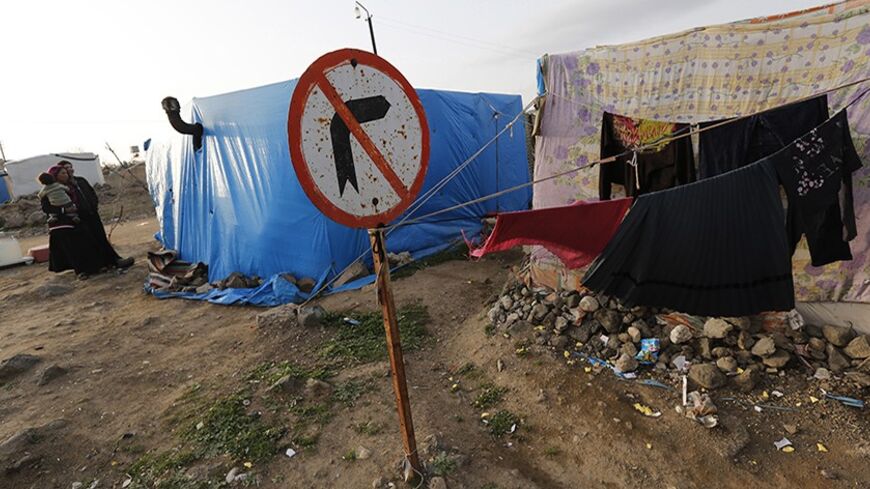As Al-Monitor columnist Cengiz Candar pointed out on April 7, if it wasn’t for the prestigious byline, few people would have noticed the London Review of Books article by the veteran journalist Seymour Hersh. In Hersh's April 6 article, he alleges that the government of Prime Minister Recep Tayyip Erdogan aided and abetted the chemical attacks that killed more than 1,000 civilians in the Ghouta suburb of Damascus in August 2013. According to Hersh, an al-Qaeda-affiliated rebel group carried out the attacks, not the Assad regime. It was a testament to the gravity of the issue that even Turkey’s cowering media outlets talked about it.
Irrespective of whether Hersh is right or wrong, the telephone interviews that this author has had with several Turkish bureaucrats since April 7 suggest that the claims in “The Red Line and the Rat Line” (which I hope are not true) will sharpen the paranoid attitude prevailing among Turkish decision-makers against the United States. More importantly, the assertions will worsen the morale of Turkish bureaucrats and their declining trust in their elected superiors.



